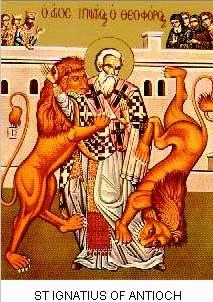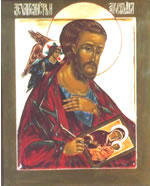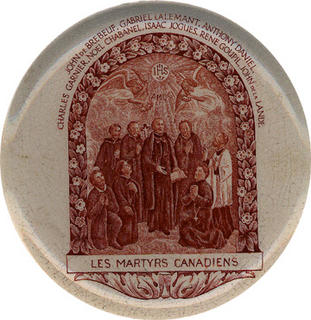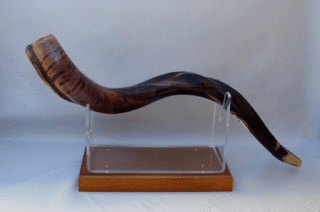Week of Witnesses
 This week is one filled with witnesses. A week of red vestments at the liturgy. A week of powerful examples for us all to model our lives after.
This week is one filled with witnesses. A week of red vestments at the liturgy. A week of powerful examples for us all to model our lives after.The Greek word for "witness" is martyr, and the liturgical calendar this week features three feast days of martyrs:
- Monday, Oct 17th St. Ignatius of Antioch
- Tuesday, Oct 18th St. Luke
- Wednesday, Oct 19th Saints John de Brebeuf, Isaac Jogues & their companions

St. Ignatius was the third bishop of Antioch (Peter was the first), and the person that first used the term "Catholic" to describe the Church. Like most of the Apostolic Fathers, he was martyred for his faith in Jesus. He was killed by animals in the Flavian Amphitheatre, more commonly known as the Coliseum in 107.
St. Luke was both an Evangelist, writing a the Gospel attributed to him, as well as the Acts of the Apostles, and a companion of the Apostle Paul. He gave his life in witness to our Lord Jesus in Greece, where he was crucified, probably on an olive tree.
Saints John de Brebeuf, Isaac Jogues and their companions were French Jesuit missionaries serving in Canada from 1625 to 1649, when they were were martyred -- some tortured to death, others decapitated. This group of eight Jesuits became known as the North American Martyrs, and were canonized in 1930. The names of the companions were: John de la Lande, Gabriel Lalemant, Charles Garnier, Anthony Daniel, Rene Goupil and Noel Chabanel.

Some people might think that the days of the martyrs are long gone. That most of the martyrs came during the early formation of the Church, and the ensuing persecutions by various Roman emperors. While it is true that many were martyred during these times; unfortunately the days of the martyrs are anything but over.
There are more martyrs of the 20th century then any previous century in the life of the Church. Thousands of new martyrs have offered their lives even in these latter days, primarily in Africa and Asia. Christianity is persecuted in many countries even today, with torture being used commonly against Christians.
Take a moment and pray for our brothers and sisters who suffer so badly because of their belief in Christ; they need our prayers and support. How beautiful a world it will be when all are afforded religious freedom. Until that day we will continue to have fearless role models that make present today the same fire and fervor that Ignatius, Luke and the Canadian Jesuits exhibited.
Pray for us, holy martyrs of God!




